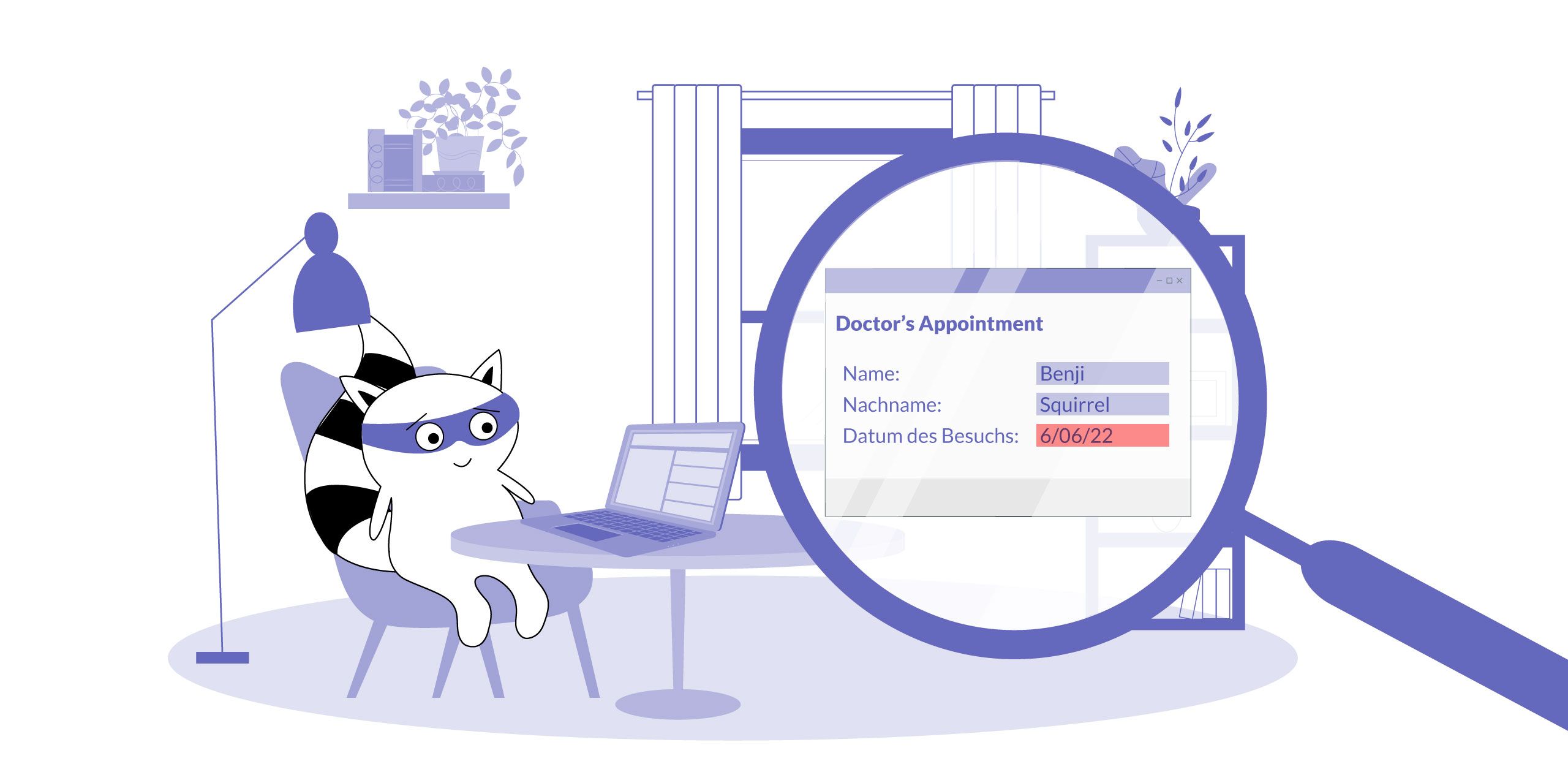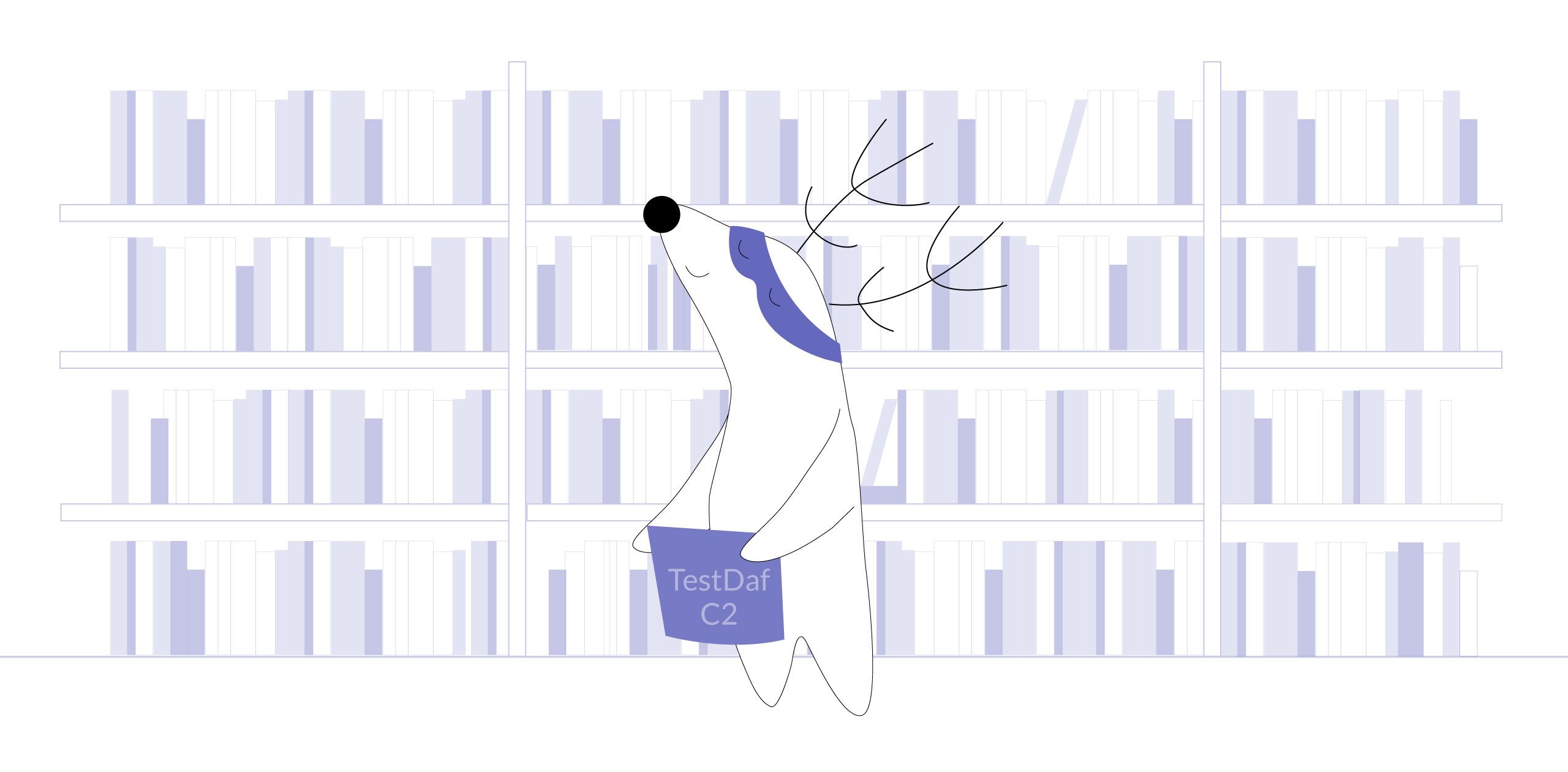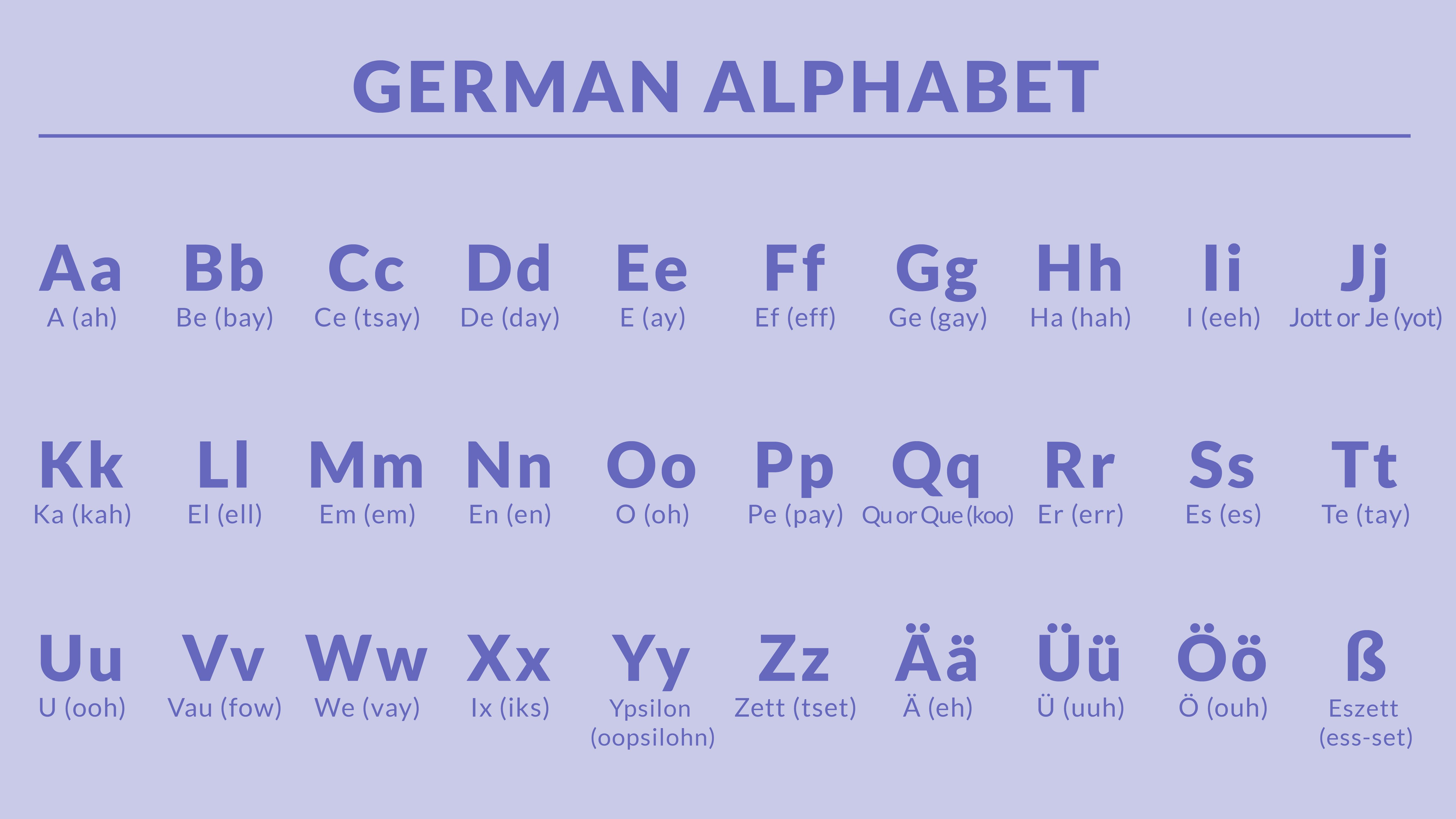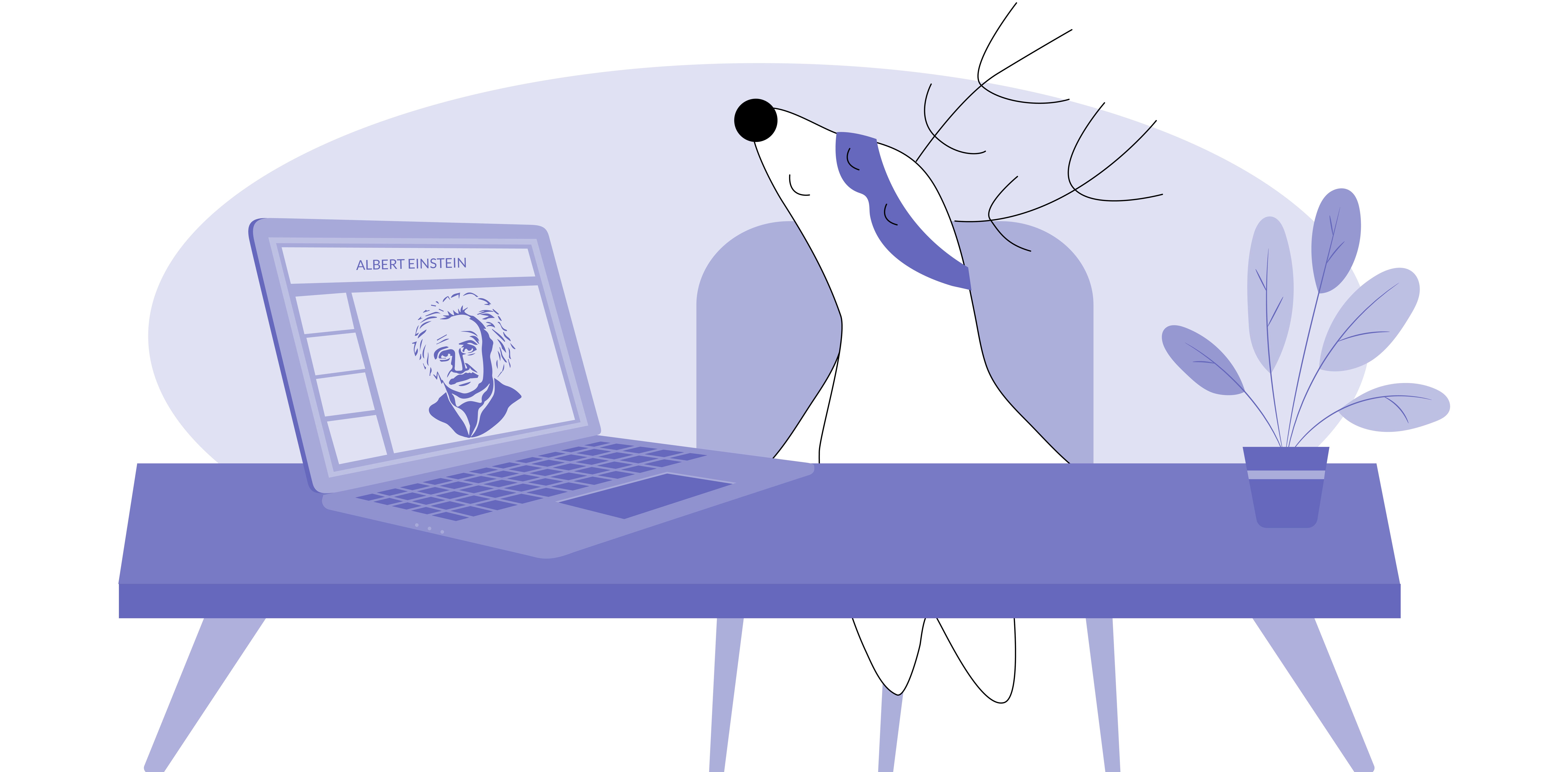
The rich tapestry of German wisdom, woven with threads of cultural heritage and intellectual prowess, offers a vast array of insights into life's many facets. From love and happiness to the struggles and triumphs that define our existence, these quotes and proverbs encapsulate the very essence of what it means to be human.
Passed down through generations, from the minds of famous philosophers to the lips of everyday folk, they have stood the test of time and continue to inspire German speakers across the globe.
Below, you’ll find 10 thought-provoking German quotes and proverbs that will undoubtedly leave a mark on your soul, providing you with the much-needed motivation and inspiration to navigate life.
Welcome to the world of German wisdom — a boundless treasure trove of knowledge and understanding waiting for you to uncover its priceless gems!
Learn German with Langster
Wenn die Menschen nur über das sprächen, was sie begreifen, dann würde es sehr still auf der Welt sein
Translation: If people would only talk about what they understood, Earth would be a very quiet place.
Albert Einstein, the renowned physicist and one of the most influential thinkers of all time, astutely observed that our world is often filled with noise — noise born out of hasty judgments and empty chatter.
The power of this quote lies in its ability to resonate beyond the realm of science. It transcends disciplines and applies universally across all aspects of life — be it personal relationships, social issues, or even political discourse.
By embracing Einstein's sage advice, we can aspire to create a world where discussions are fueled by curiosity, empathy, and a genuine desire for growth.
Zwei Dinge sind unendlich, das Universum und die menschliche Dummheit, aber bei dem Universum bin ich mir noch nicht ganz sicher
Translation: Two things are infinite: the universe and human stupidity, and I'm not sure about the universe.
Another quote by Einstein not only showcases his remarkable wit and humor but also offers us a chance to reflect on our own tendencies and limitations as humans. While we may often marvel at the vastness of the universe and its seemingly infinite nature, Einstein playfully reminds us that human folly, too, can appear boundless.
It nudges us to ponder upon our own actions and decisions, urging us to recognize that we are all prone to moments of irrationality and imprudence. By acknowledging our own fallibility, we can strive to learn from our mistakes and cultivate wisdom through experience.
And, while we may not yet fully comprehend the extent of the universe's infinity, it serves as an inspiring reminder that there is still much left for us to uncover — both within ourselves and in the world around us.
Man reist nicht, um anzukommen, sondern um zu reisen
Translation: You're not traveling in order to arrive but in order to travel.
Johann Wolfgang von Goethe, the esteemed German writer and polymath who penned literary masterpieces such as The Sorrows of Young Werther and Faust, speaks to the very essence of what it means to embark on a journey.
Goethe's words serve as a powerful reminder that life is a voyage filled with countless adventures and experiences. They invite us to relish each moment along the way, savoring the discoveries, encounters, and personal growth that come with exploration.
This quote also transcends the concept of physical travel, extending to our metaphorical journeys through life. Whether it be personal development, relationships, or career aspirations, we often find ourselves striving toward specific goals and endpoints.
Goethe encourages us to shift our focus from merely achieving these objectives to fully embracing the process, allowing ourselves to learn and grow at every stage.
By adopting this mindset, we can foster a deeper sense of fulfillment and gratitude for life's many twists and turns, ultimately discovering that it is the journey itself that holds the true magic and wonder.
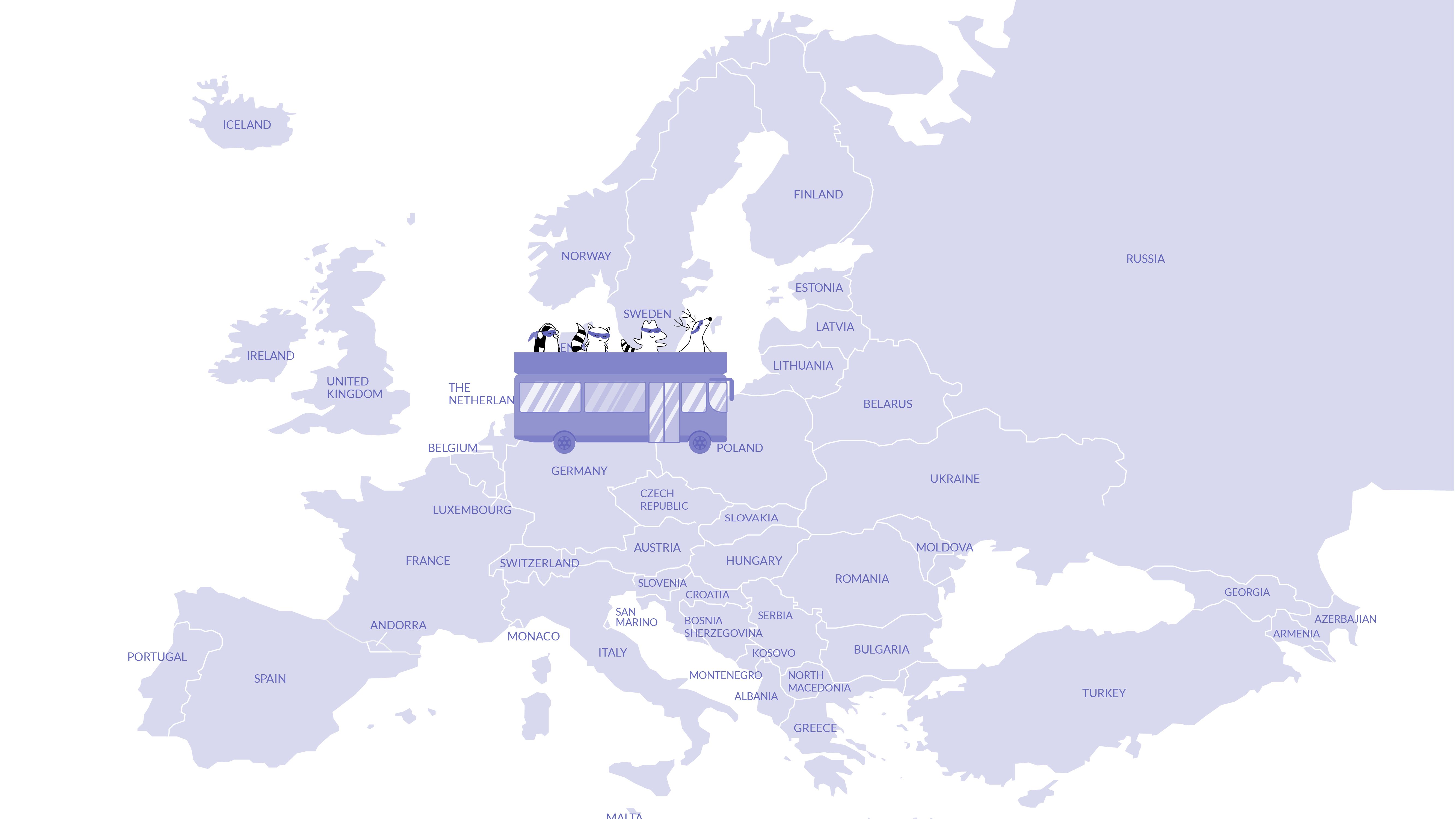
Auch aus Steinen, die einem in den Weg gelegt werden, kann man Schönes bauen
Translation: Even from stones placed in one's path, one can build something beautiful.
This is another thought-provoking quote by Goethe, which serves as a potent reminder of the incredible potential that lies within our ability to adapt and overcome adversity.
The essence of this quote lies in its underlying message of transformation — the notion that even the most formidable challenges can be surmounted if we approach them with positivity and determination.
Moreover, this timeless adage highlights the importance of perspective: it is ultimately up to us to decide whether life's setbacks will hold us back or propel us forward. When faced with adversity, we have the unique opportunity to tap into our inner strength, ingenuity, and tenacity to transform hardships into triumphs.
By emphasizing the power of resilience and creativity, these German words encourage us to view life's obstacles not as insurmountable barriers but as opportunities for growth and innovation.
Nur die Harten kommen in den Garten
Translation: Only the strongest survive.
This evocative German proverb’s literal translation — “Only the tough ones make it to the garden" — alludes to a deeper meaning grounded in Christian theology — the return of tenacious souls to the heavenly Garden of Eden.
In this interpretation, it is the resilient ones who ultimately reap their rewards, underscoring the significance of determination and mental fortitude in our lives.
The garden, in this context, symbolizes a place of achievement, fulfillment, and satisfaction — a reward for those who have weathered the storms and persevered. This proverb encourages us not only to recognize our own inner strength but also to channel it toward overcoming the hurdles that may stand in our way.
Furthermore, this adage highlights the transformative power of endurance — that the hardships we face often shape us into more resilient and capable individuals.
In a world where instant gratification is increasingly sought after, this age-old wisdom reminds us of the importance of patience and unwavering commitment to achieving our goals.
Wir denken selten an das, was wir haben, aber immer an das, was uns fehlt
Translation: We rarely think about what we have, but always about what's missing.
This perceptive quote by the German philosopher Arthur Schopenhauer casts light on the common human tendency to fixate on what we lack rather than appreciating and embracing what we already possess.
The wisdom emanating from Schopenhauer's words encourages us to reframe our thoughts and adopt a more mindful approach in our daily lives.
By deliberately focusing on the blessings we have — be it our health, relationships, or material comforts — we can nurture a sense of fulfillment and happiness that may otherwise prove elusive in our fast-paced, goal-oriented society.
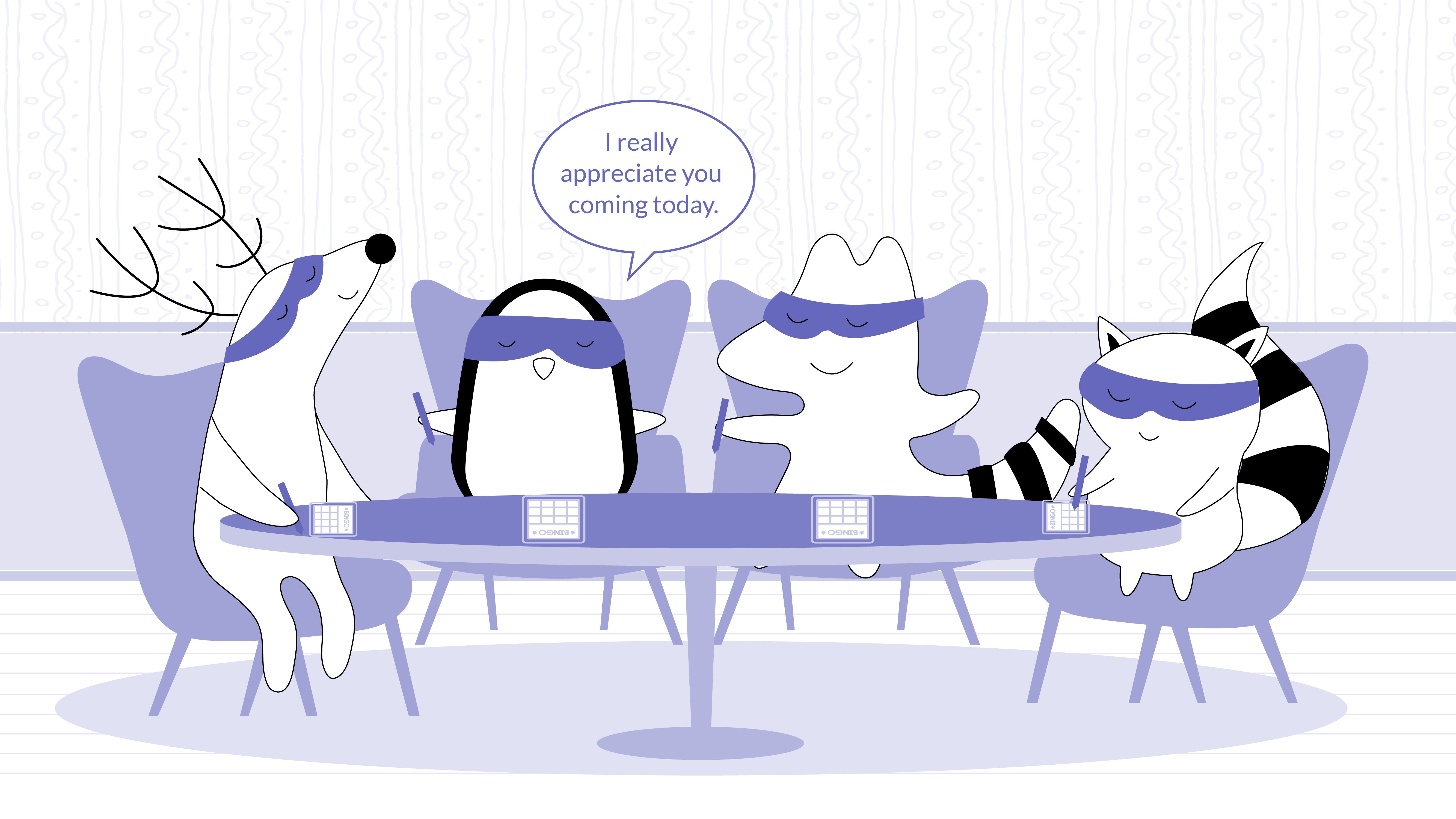
Kleinvieh macht auch Mist
Translation: Every little bit helps.
This German proverb underscores the crucial role that seemingly insignificant actions and efforts play in our lives. The saying suggests that even the smallest contributions can accumulate to create substantial outcomes, reinforcing the idea that every step, no matter how minor, is essential to achieving success.
All too often, we become fixated on grandiose gestures and sweeping changes, overlooking the potential impact of small acts of kindness or minor adjustments to our habits. This proverb serves as an important reminder that the gradual accumulation of these seemingly inconsequential efforts can lead to remarkable results over time.
This timeless wisdom also emphasizes the importance of persistence and consistency in pursuing our goals. While it may be tempting to minimize the value of minor accomplishments, each small victory forms a vital building block upon which we construct our ultimate successes.
By recognizing and appreciating the significance of each step along our journey, we cultivate a mindset that fosters continued growth and progress.
Another English equivalent is “Many pennies make a dollar.”
Es gehört zum deutschen Bedürfnis, beim Biere von der Regierung schlecht zu reden
Translation: It's a German necessity to speak badly of the government over a beer.
Otto von Bismarck's insightful comment highlights the importance of open, informal discussions as a cornerstone of democratic societies.
This quote serves as a reminder that politics is not solely reserved for the elite or those occupying positions of power. Instead, it emphasizes that political discussions should be accessible to all members of society, regardless of their background or social standing.
The informal setting of a pub, where individuals from all walks of life may gather and exchange ideas, is emblematic of this egalitarian perspective.
Was mich nicht umbringt, macht mich stärker
Translation: What doesn't kill me makes me stronger.
Perhaps one of the most popular German proverbs, a compelling aphorism coined by renowned German philosopher Friedrich Nietzsche, delves into the profound concept of growth through adversity.
By highlighting the transformative potential of overcoming life's challenges, Nietzsche's quote underscores the idea that withstanding hardship can ultimately fortify our character and resilience.
Nietzsche posits that when we confront and surmount obstacles, we not only evolve as individuals but also emerge stronger and more capable than before. Moreover, Nietzsche's words offer a valuable reminder of the importance of perseverance and tenacity when faced with difficulties.
As we navigate life's trials, we must draw upon our inner strength and determination to endure and eventually triumph over these challenges. In doing so, we unlock our potential for growth and transformation, becoming more resilient versions of ourselves.
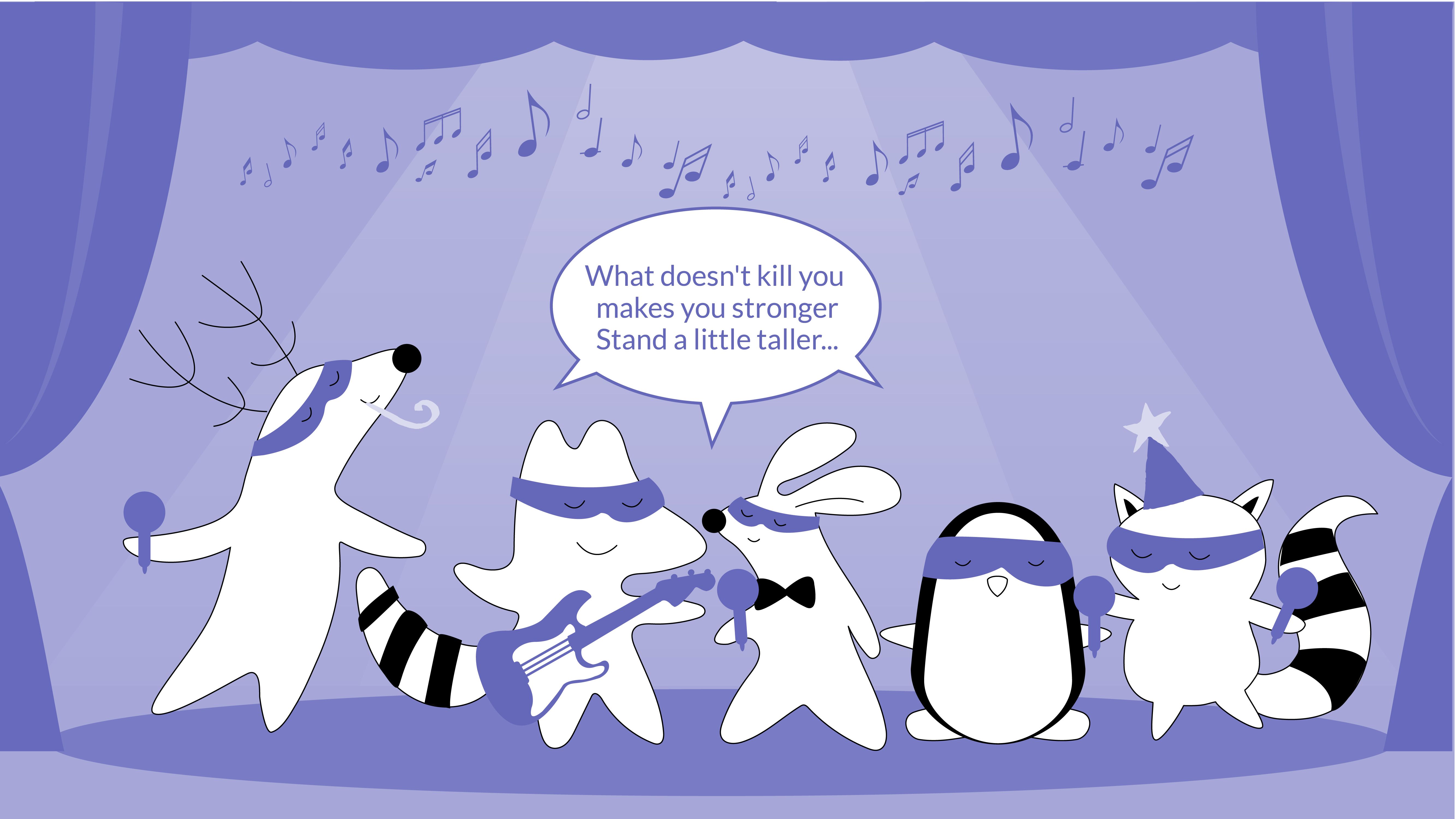
Morgenstund hat Gold im Mund
Translation: The morning hour has gold in its mouth.
English equivalent: The early bird catches the worm.
The German adage encourages us to embrace productivity and make the most of the precious hours that lie before us.
At the heart of this saying lies a celebration of discipline and time management, two crucial elements for achieving our goals. By rising with the sun, we afford ourselves a head start on our daily tasks, thereby maximizing our potential for accomplishment.
This wise proverb acknowledges that those who capitalize on the quiet, uninterrupted morning hours often find themselves at an advantage when it comes to tackling challenges and staying ahead in their pursuits.
Establishing a consistent morning routine not only sets a positive tone for the day but also fosters a sense of purpose and motivation. By prioritizing an early start, we lay the foundation for a productive and fulfilling day.
Aller Anfang ist schwer
Translation: All beginnings are difficult.
At the core of this saying is the recognition that uncertainty and obstacles are an intrinsic aspect of starting something new, whether it be a personal project, a career change, or a new relationship. These initial challenges often stem from factors such as inexperience, unfamiliarity, or fear of failure.
By accepting these challenges as a natural part of any beginning, we can approach them with a sense of understanding and patience, allowing ourselves room to learn and grow.
Furthermore, it emphasizes the importance of resilience and grit when faced with these early struggles. As we navigate through the complexities of new undertakings, it is crucial to maintain our determination and commitment to our goals.
With time, perseverance, and focused effort, we can overcome these initial hurdles and pave our way to success.
The Bottom Line

Throughout this article, we have explored ten powerful German quotes that offer insights into various aspects of life, from embracing adversity to cultivating gratitude and patience. While these sayings may be centuries old, their timeless wisdom continues to resonate with modern audiences and provide inspiration for those seeking guidance and motivation.
We encourage you not only to reflect on these quotes but also to apply their lessons to your own life. By doing so, you can unlock the transformative power of these words and discover new paths toward personal growth and fulfillment.
For those interested in further exploring German wisdom and inspiration, we recommend delving into the works of the authors featured in this article or seeking out additional proverbs and sayings from German culture. Get started by downloading our Langster app to learn German with stories that explore further the wisdom and culture of this intriguing language.
Learn German with Langster







